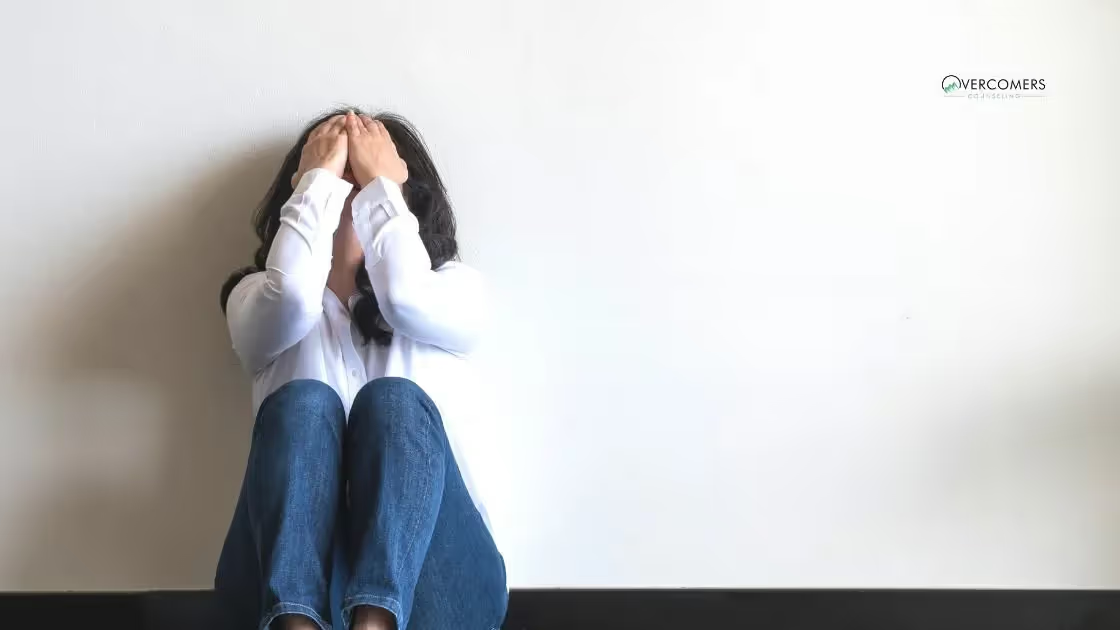How does one overcome crippling anxiety when it throws one's body into a state of unrest?One of the ways to overcome crippling anxiety is to exercise the...

How does one overcome crippling anxiety when it throws one's body into a state of unrest?
One of the ways to overcome crippling anxiety is to exercise the body daily.
Another way is to keep company with people around.
Remember also to eat a balanced diet regularly.
Avoid frequent thinking.
Having adequate rest and sleep can also help overcome crippling anxiety.
Anxiety is having a sense of worry, and unease, about what is about to happen or occur. Anxiety is sometimes how we feel in our everyday life, and it is usual, mainly when one is in a tight situation.
However, Crippling Anxiety is an extreme or intense feeling of fear about everyday activities. Crippling anxiety is also known as an anxiety disorder. An anxiety disorder occurs when fear effects occur in actually harmless situations.
Those affected undergo the fear very intensely, both mentally and physically. Crippling anxiety is capable of destroying a person within a short time. It should not be ignored as it is a threat to one's healthy state of living.
Crippling anxiety can be caused by a lot of factors, some of which are;
Knowing whether a person is under the influence of crippling anxiety is to study the person and know whether the symptoms of crippling anxiety are evident in such a person. Some of the symptoms of crippling anxiety are;

Anxiety can be tackled easily, but treatment should be carried out instantly when it gets to the level of crippling anxiety. However, subduing crippling anxiety is not a day's work. It involves daily treatment by learning skills that help. Here are ways to learn to overcome crippling anxiety;
How does one overcome crippling anxiety when it is on the verge of having harmful effects on the body? You can overcome crippling anxiety by having a balanced diet, having regular exercise, having adequate rest, avoiding over-thinking, and keeping company with people.
Yes, Medicaid provides insurance coverage for therapy services specifically designed to help individuals struggling with anxiety, depression, and other mental health conditions.
To reduce your anxiety, you can practice relaxation techniques such as deep breathing, progressive muscle relaxation, guided imagery, and mindfulness practices. Additionally, regular exercise has been found to be beneficial in managing stress and improving mental health.
Ignoring anxiety can exacerbate symptoms and make it more challenging to manage over time. This can result in a negative impact on your personal, professional, and social life, leading to feelings of isolation and even depression.
It's important that you feel comfortable discussing personal matters with your therapist in order to open up and get more out of therapy sessions; therefore finding someone who meets certain criteria like experience level, expertise areas, and personality is key when selecting a therapist who can give meaningful feedback about how best handle issues related to anxiety or other mental health concerns.
Other activities which have been found helpful in reducing both immediate feelings of anxiousness and long-term anxieties associated with chronic disorders include yoga, journaling, nature walks, art therapy, volunteering, and other low-stress activities. Additionally, developing a healthy lifestyle incorporating adequate sleep, physical activity, and nutritious meals can help reduce overall stress levels.
Addressing anxiety is crucial because it can significantly impact your quality of life and overall well-being. Left untreated, anxiety can lead to more severe mental health issues, relationship problems, and difficulty functioning in daily life.